“Acriter et fideliter.” With courage and faithfulness. This is the ancient motto of the Pontifical Swiss Guard, and the words well describe the life and character of the late Gregor Volken, vice-commandant of the corps, who served four Popes for 38 years and two months, making his one of the longest services in the history of the Swiss Guards in the Vatican.
Volken’s figure, little known among the youngest generation, can be a model of fidelity today for those who serve the Pope. Volken used to say that he never spoke with the Pope, as “the first duty of a guard is to protect the pontiff; if you are distracted by his person, you don’t realize the possible risk you may run. It is better to be attentive to the surrounding environment, and keep him safe.”
In August, Volken would have been 90. He died early this year after almost 14 years of being bedridden, ending a long life marked by staunch loyalty to the Popes and the Church. His funeral was on March 19, three days after his death, the day when the Church celebrates the feast of St. Joseph, husband of Virgin Mary, a saint dear to the former vice-commandant in his last years.
During his long life, Volken experienced many historic moments: the Jubilee Year of 1950, the Second Vatican Council in the 1960s, and the election of the first non-Italian Pope after more than 500 years in 1978.
Gregor was born on August 6, 1922 in Grengills in Vallese, the 11th son in the Ambord-Volken family which lived in a small, busy home. He had to start earning his living very early. At that time, his enterprising talent appeared. During the Second World War he cut wood for sale as a lumberjack. This allowed him to construct a house with his brother. He later sold his share to buy an apartment in Rome to rent out.
He began his long service with the Swiss Guard in 1947 with “idealism and foolishness” and with his parish priest’s and town mayor’s recommendations.
Those were different times. For many of his countrymen, service in the corps was a chance to have a job. The young guards had to pass through an application process, and prior military service was a pre-condition.
The number of the guards was higher than today: 133 members. Volken made use of his enterprising skills in the corps. He became famous for “selling services.” The low salaries of the guards at that time forced them to find other ways to earn money — for example, guided tours of Rome…
Some believe it was Volken’s faithful dedication and his long-standing friendship with Gianbatista Montini when Montini was a priest working in the secretariat of state which stopped Montini, after he was elected Paul VI, from closing down the Pontifical Swiss Guard, as in 1970 he closed down the Italian Guard serving in the Apostolic Palace. Denying those rumors, Volken said that the Pope simply felt that the Italian Guard “he considered useless” because the guards were “too splendid.”
Volken married Fortuna from Naples when he was already 41 years old. They had two children, a daughter, Paola, and a son, Carlo.
He was also an example of dedication and loyalty in love. He never agreed to put his wife into a nursing home even after she began to suffer from Alzheimer’s disease. He took care of her till her final days.
Gregor retired from the corps in 1984, being one of those who obtained high rank starting as a simple halberdier. Although for his long service he was awarded distinctions and medals, he refused them all, saying they were a sign he was getting old.
The Swiss Guard paid a last tribute to their late comrade by playing a haunting melody on the horn, the traditional German military funeral song Ich hatte einen Kameraden (“I once had a comrade”).
The present commandant of the guard, Colonel Daniel Anrig, in a farewell speech, recalled Volken as a great man and a great officer.
“He was a military man of unquestionable and complete loyalty to his superiors,” Anrig said. “If some order didn’t convince him, he wasn’t afraid to express his opinion with tact and clarity and without monosyllables. In human relations he detested lack of sincerity — a characteristic for which he was respected and esteemed. His impeccable behavior, his constant commitment in service, his proverbial memory, his humility, were an example for the whole corps. He gave a lot to the guards in terms of experience and advice, but he also received a lot from them, always. He never accepted excuses or complaints easily, but he also knew how to be understanding. We are grateful for his example of fidelity to the Pope and the Catholic Church, and for his profound and authentic faith.”
After an unsuccessful operation on his leg in 1998, Gregor Volken became bedridden. That difficult experience he accepted with dignity, dedicating long hours to prayer. He also kept informed, listening to the radio — and suffering a great deal when he heard unjust and exaggerated criticisms of the Church and the Holy Father.

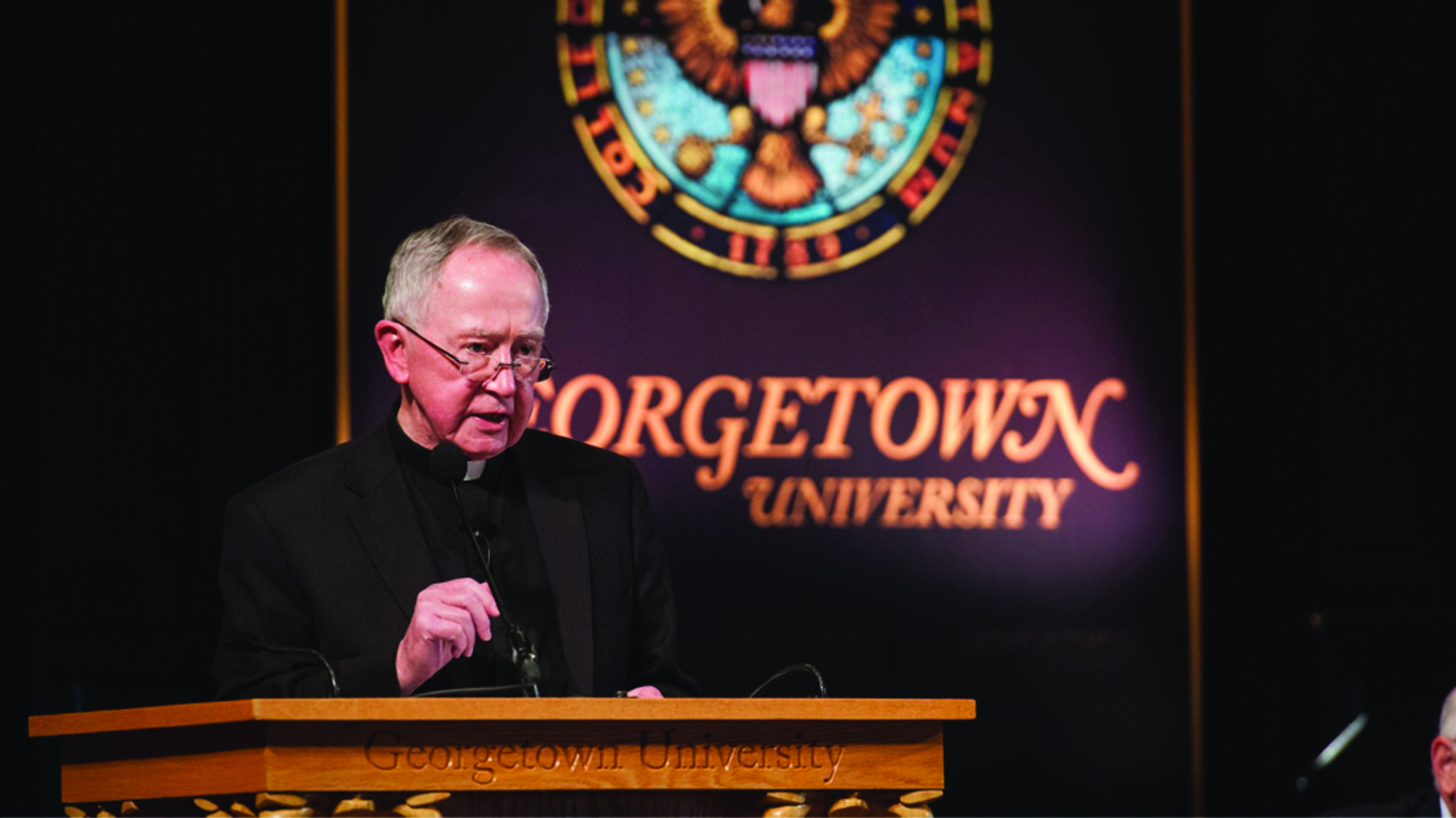
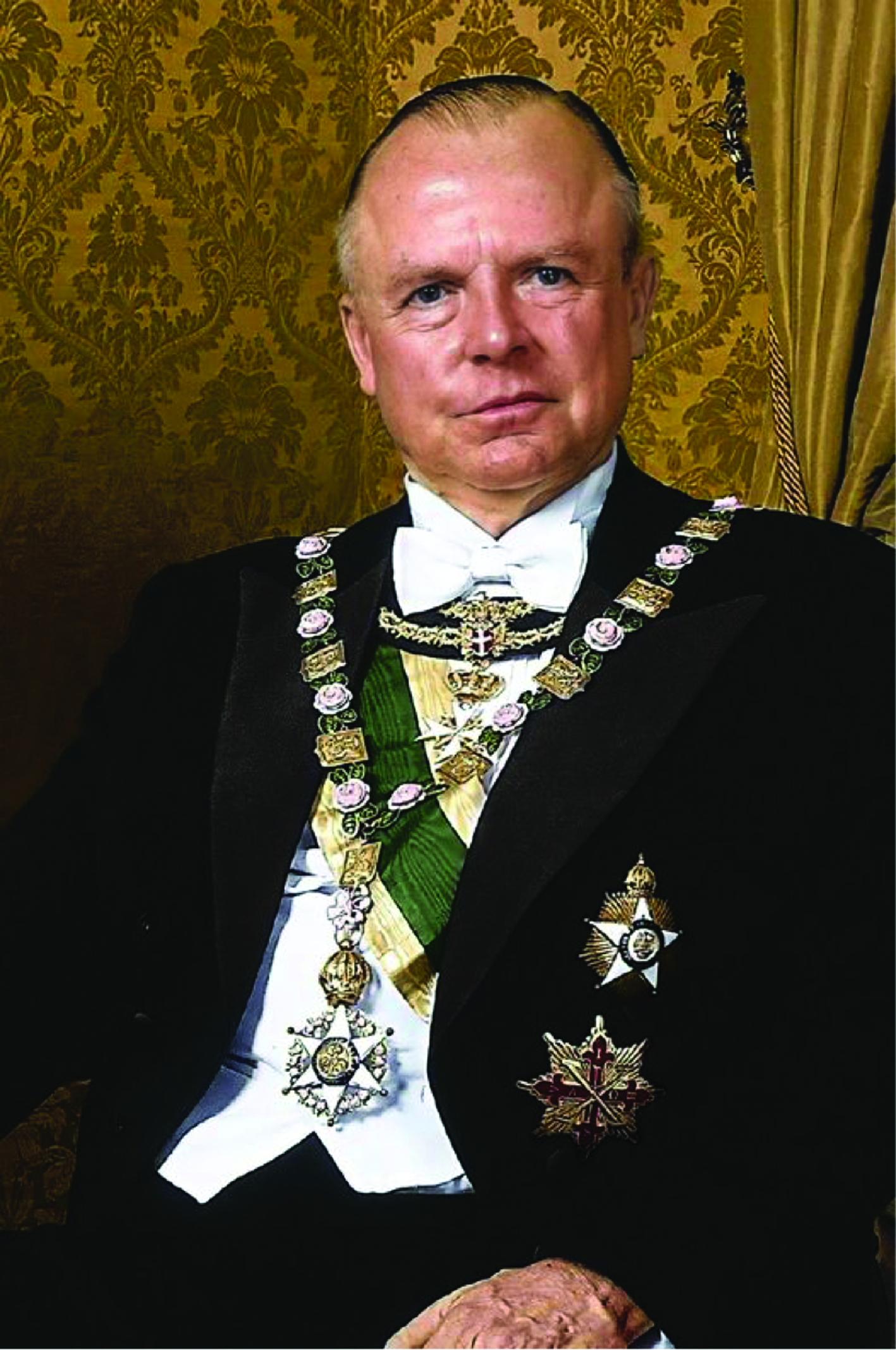
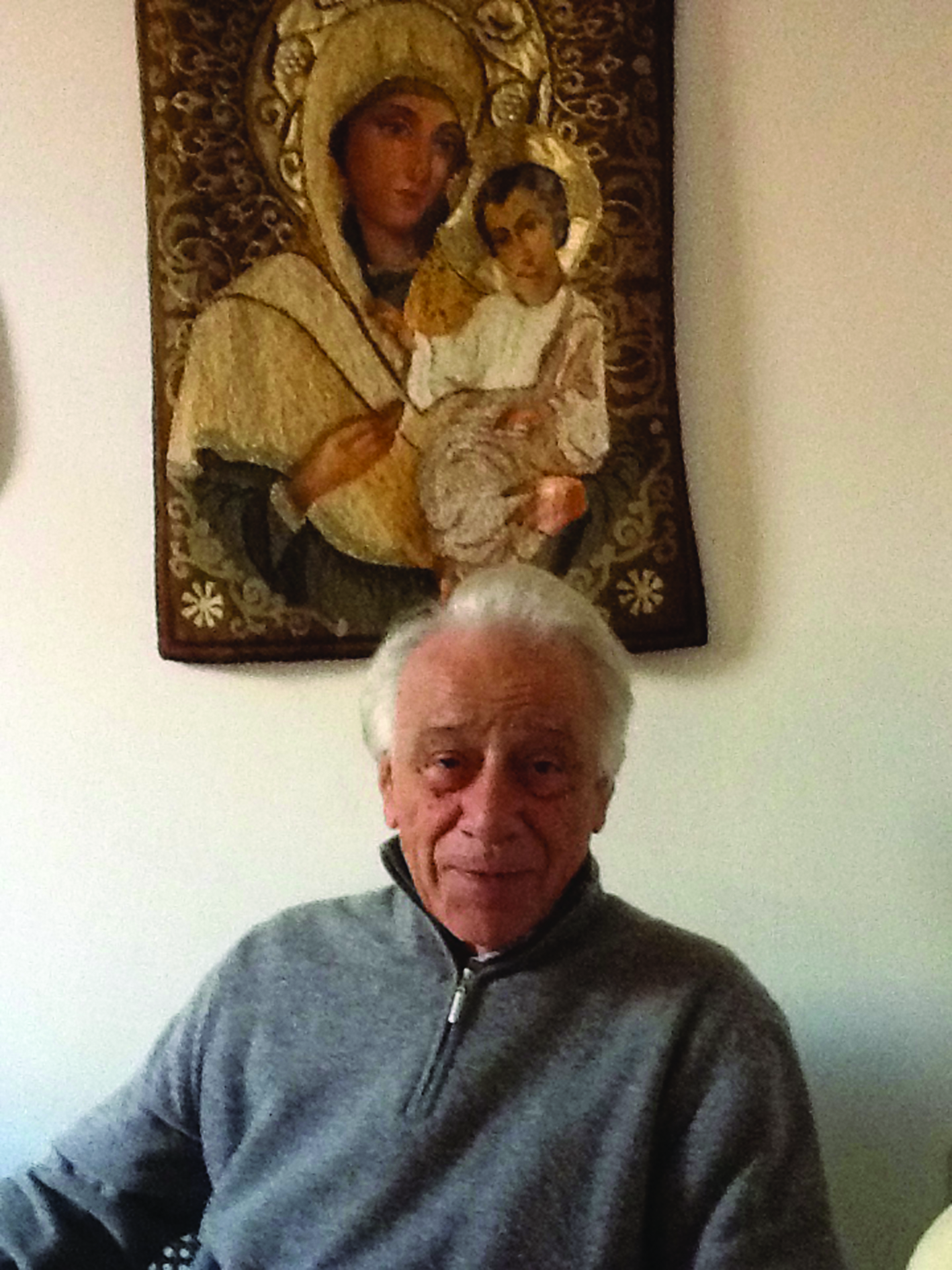
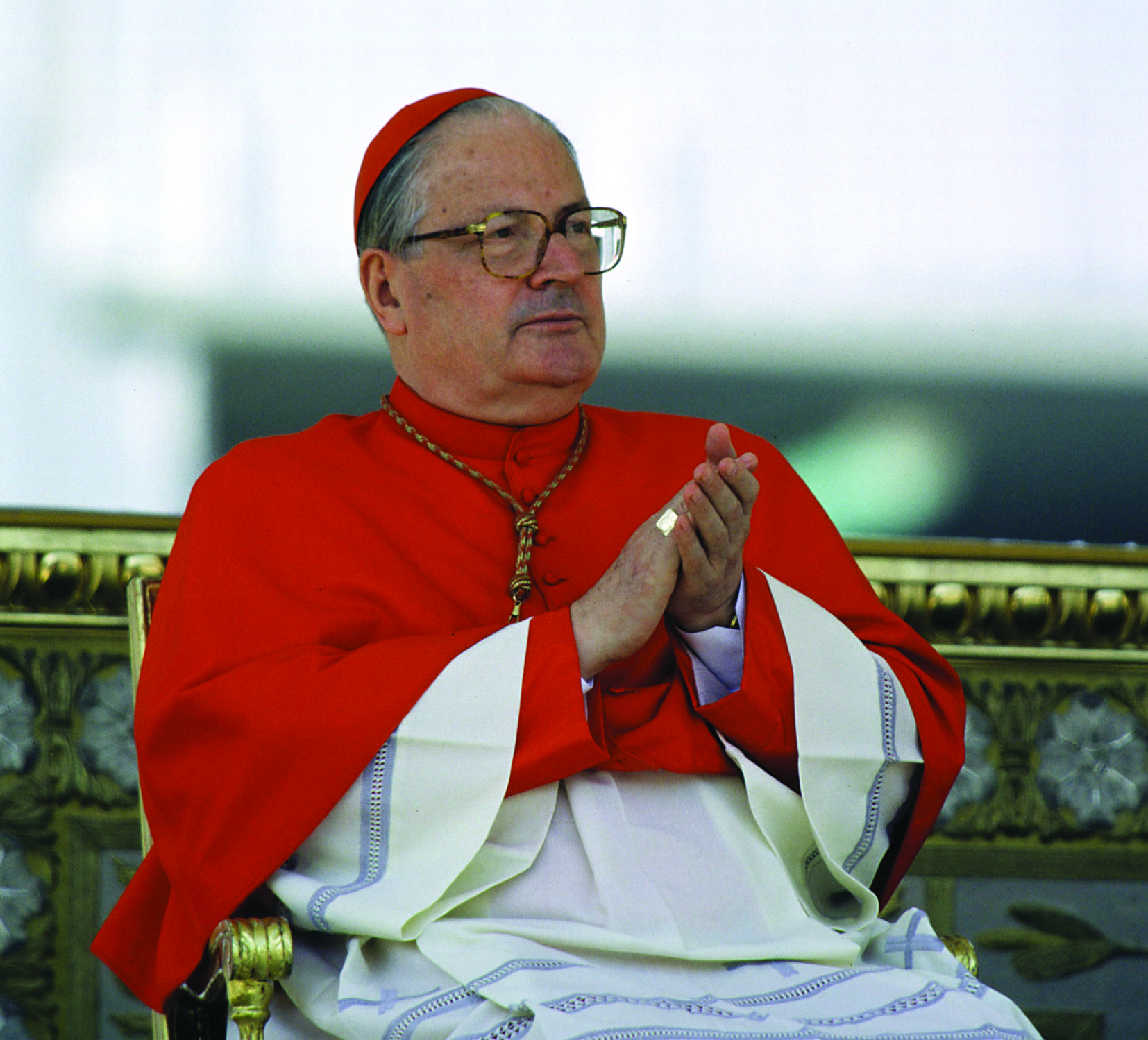
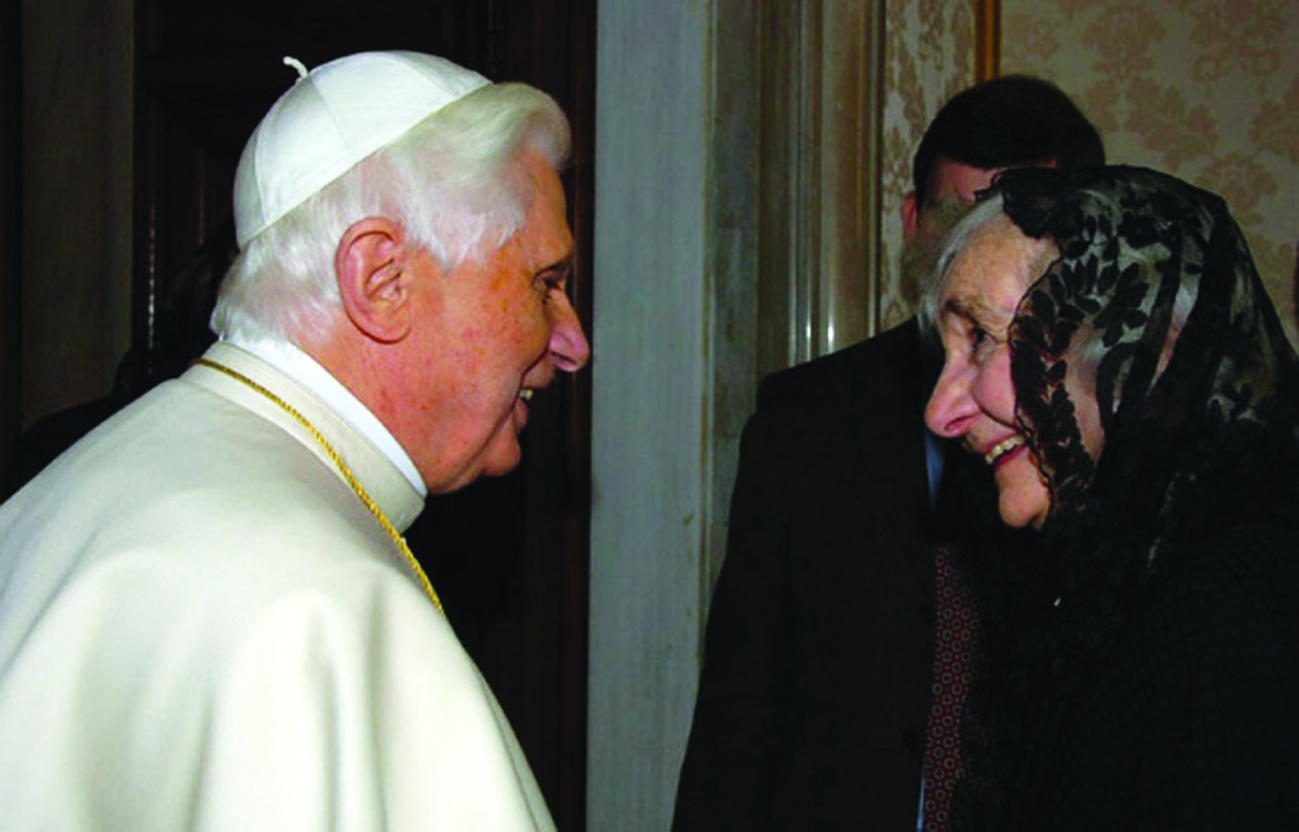
Facebook Comments